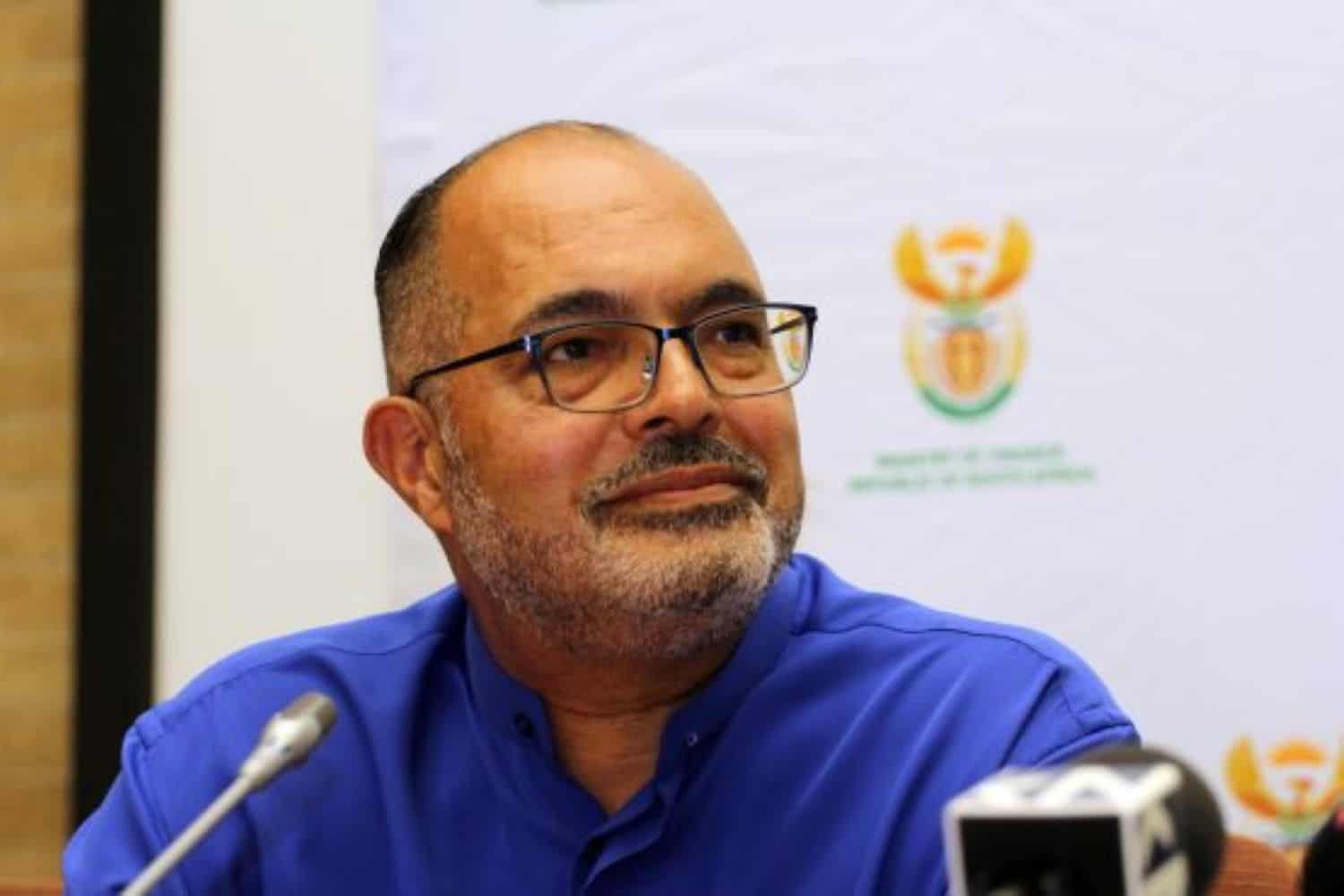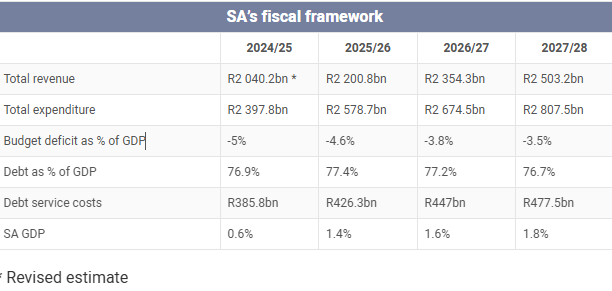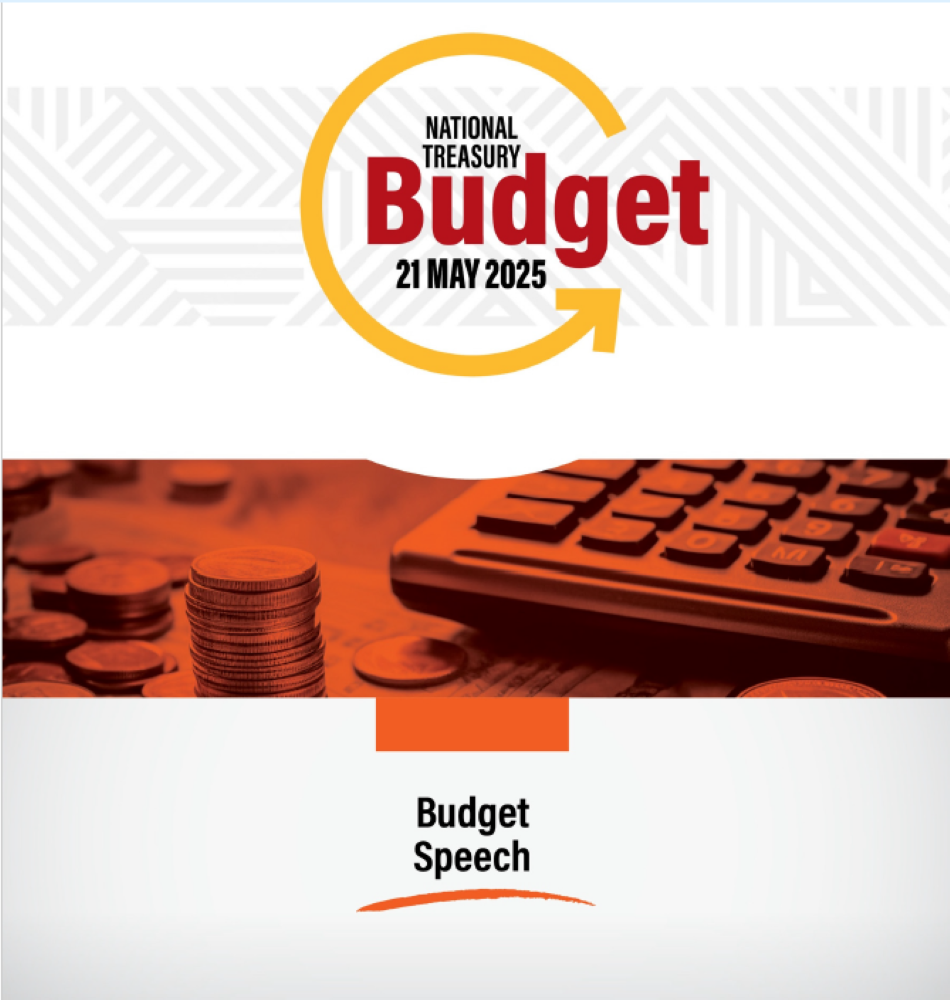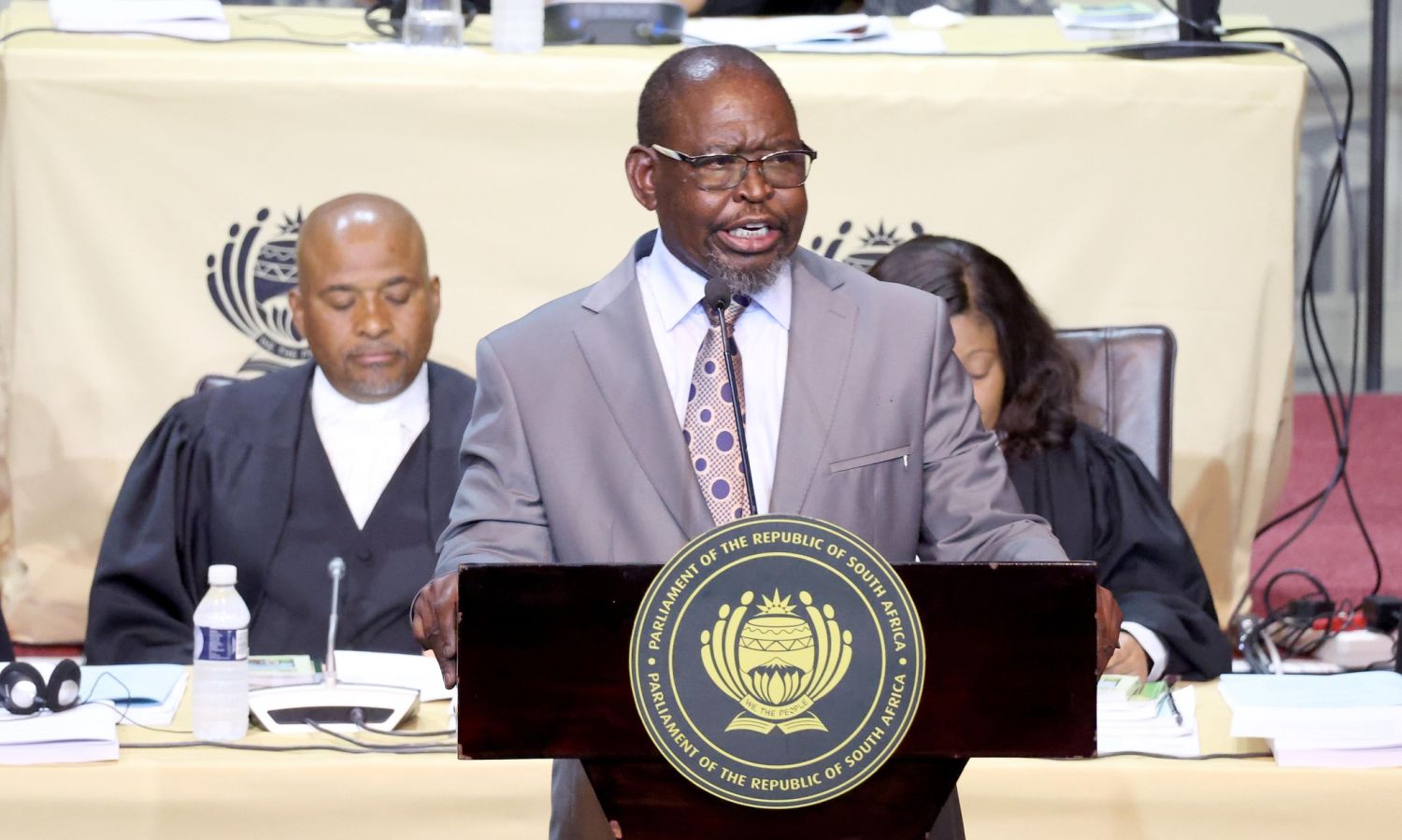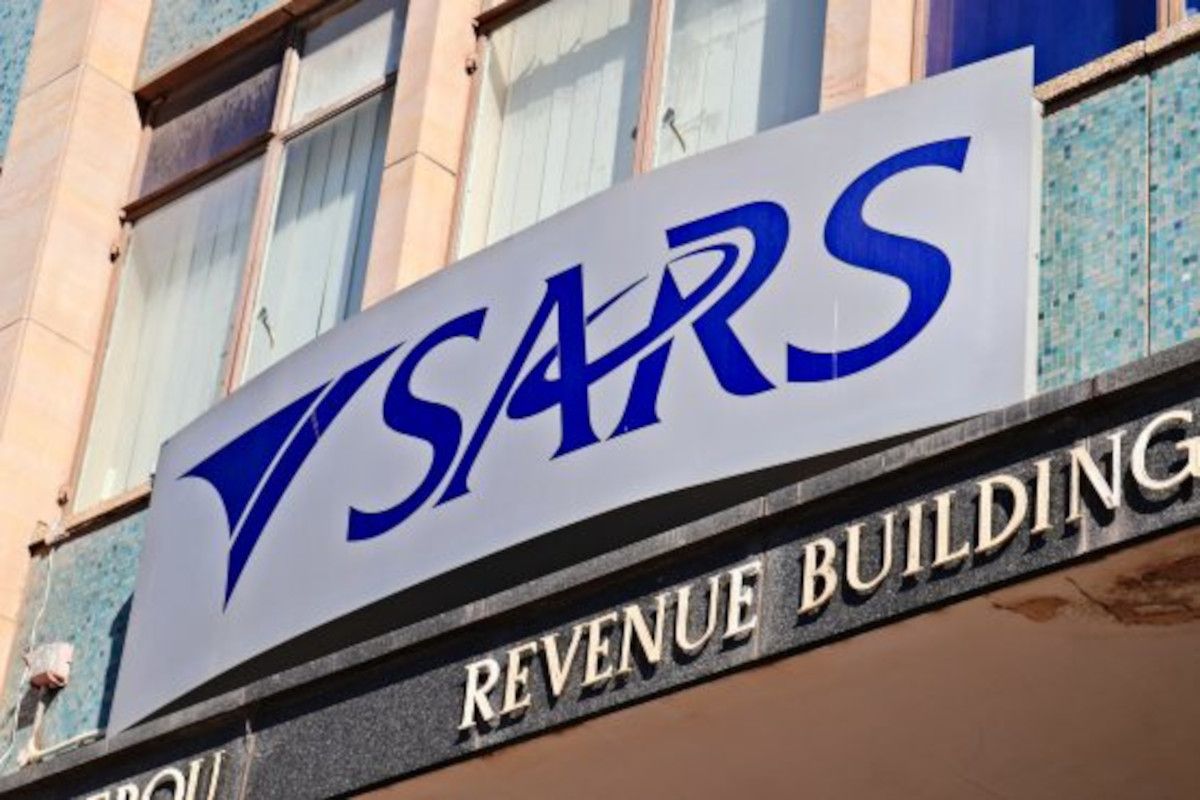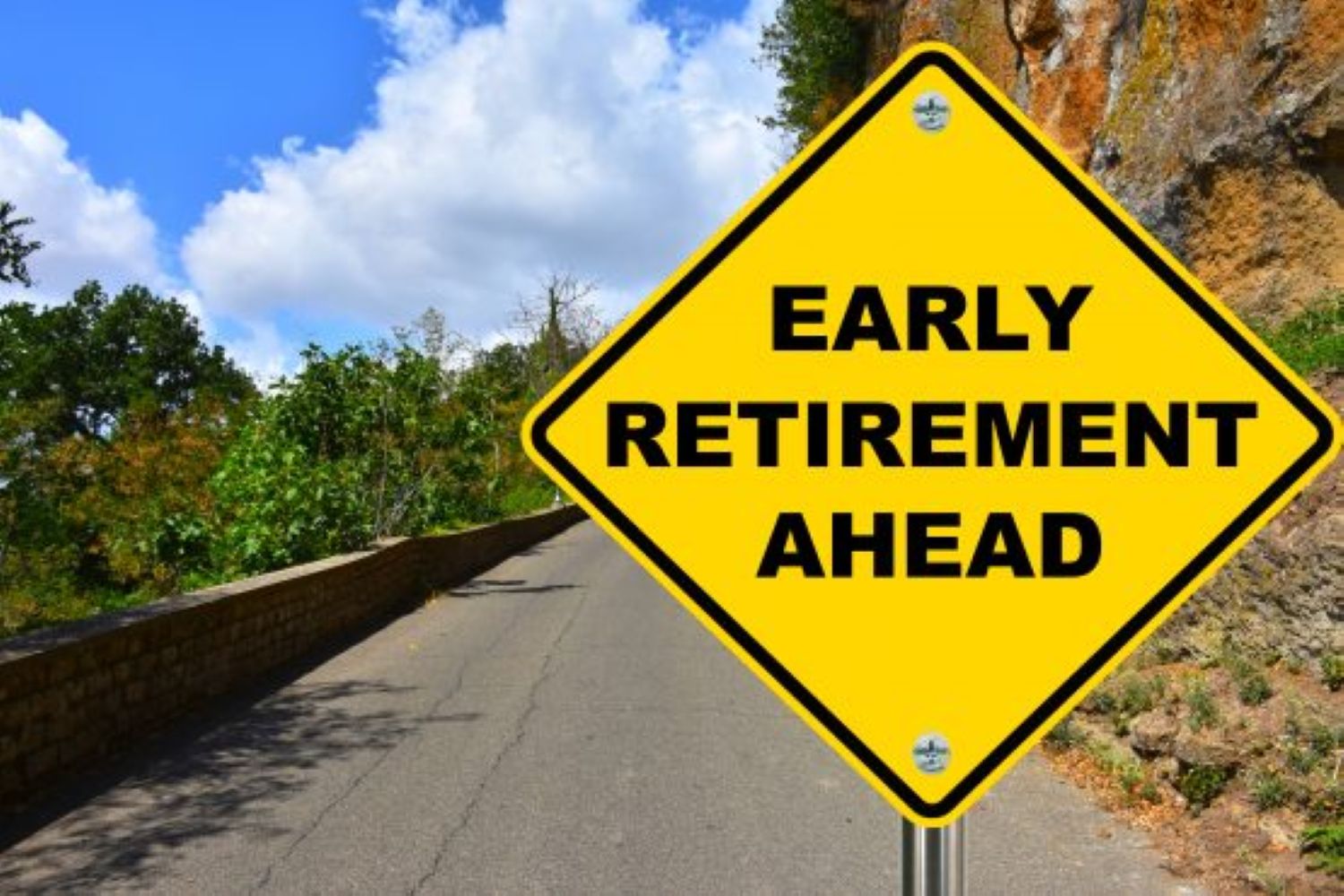Sars commissioner Edward Kieswetter was paid more than R8 million without a performance bonus.
You might expect that the salaries of bosses at state-owned enterprises (SOEs) would be significantly different from those of leading private companies.
After all, SOEs are funded by the public and meant to serve the nation, while private companies are driven by profit. But in reality, the difference in pay is surprisingly small.
The main distinction lies in where the money comes from. Executives at SOEs are paid with taxpayers’ money, because they are public servants working in structures that are supposed to prioritise public interest over profit. On the other hand, private sector CEOs are typically rewarded based on the company’s performance, earning their pay from the profits they help generate.
How much the Sars commissioner gets
A clear example of this can be found in the person responsible for motivating South Africans to pay their taxes, the commissioner of the South African Revenue Service (Sars). Over the past two financial years, Sars commissioner Edward Kieswetter has earned more than R10 million annually.
However, Sars is not viewed as an SOE; it is an autonomous agency of the South African government.
Even if SARS underperforms and fails to meet its revenue targets, the commissioner still walks away with over R8 million a year.
The figures were given by Finance Minister Enoch Godongwana in a parliamentary response to DA MP Jan Naudé de Villiers.
Performance bonus for Sars commissioner
De Villers asked the minister to outline for each SOE that reports to him how much they received in salaries for the financial years 2023-24 and 2024-25.
He further asked for a breakdown of the remuneration package, which includes basic salary, performance bonuses and allowances.
Godongwana said Kieswetter’s basic salary is R8 043 195.36, while his allowances and contributions are worth R161 502.60. His total cost to company (without performance bonuses) is R8 204 697.96.
The minister’s reply said that the commissioner has not received a 2024/2025 performance bonus. However, for the financial years 2023/2024, he received R2 000 000.00 and for 2022/2023, he received R2 425 324.85.
Guidelines for paying the commissioner
De Villers’ question asked: “How does this remuneration compare to the prescribed limits set out in the department of public service and administration’s remuneration guidelines?”
The minister replied: “Sars is governed by the Sars Act 34 of 1997, which established it as an organ of state within the public administration, but as an institution outside the public service, therefore, as such Sars is not a state-owned enterprise (autonomous) and is not subject to the DPSA’s remuneration guidelines.”
ALSO READ: Salary survey shows gap between increases and inflation narrowing
Development Bank of South Africa (DBSA)
Godongwana also revealed how much the CEO of the Development Bank of South Africa (DBSA), Boitumelo Masoka earns.
For the 2023-2024 financial year, the CEO’s total earnings were R10.5 million, including guaranteed pay, allowances, benefits and variable pay.
For the 2024-2025 financial year, her total earnings were R15.5m, inclusive of guaranteed pay, allowances, benefits and variable pay.
“The DBSA’s remuneration is not governed by the department of public service and administration guidelines.”
Financial institutions
Financial Sector Conduct Authority (FSCA) commissioner Unathi Kamlana earns R5 879 952.00. His basic salary per month is R442 221.39.
The director of the Financial Intelligence Centre (FIC), Pieter Smit, has a total cost to the company of R3 615 000. The minister did not detail how this amount is made up.
Others
The principal executive officer for the Government Employee Pension Fund (GEPF), Musa Mabesa, earns a basic salary of R4 034 894.07 and has a cellphone allowance of R69 554.04.
He has a non-pensionable cash allowance of R2 185 567.57 and a retirement fund contribution of R504 361.80. His total cost to company is R6 794 377.48.
The minister’s response included the packages of the Landbank CEO, Independent Regulatory Board of Auditors (IRBA) boss, acting HOD of the Government Technical Advisory Centre (GTAC), Government Pension Administration Agency CEO, Accounting Standard Board (ASB) CEO, Office of Pension Fund Adjudicator (OPFA) boss, Ombud Council CEO, South African Special Risk Insurance Association (Sasria) CEO and executive team of Office of the Ombud for Financial Services Providers.
NOW READ: Here’s what some of South Africa’s SOE bosses earn
